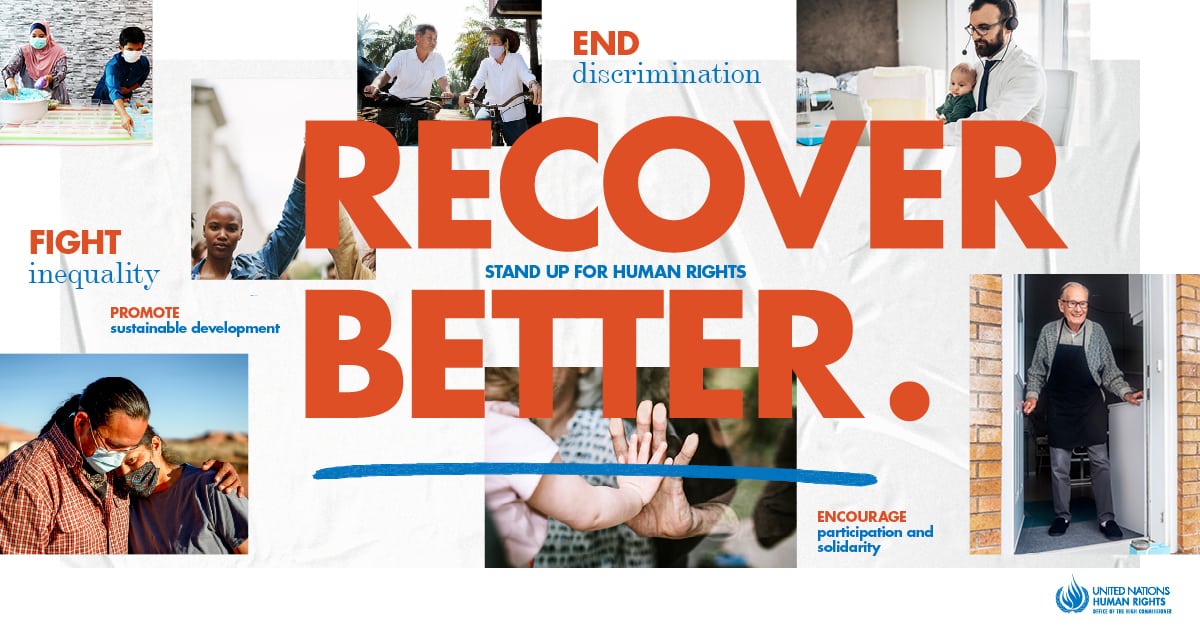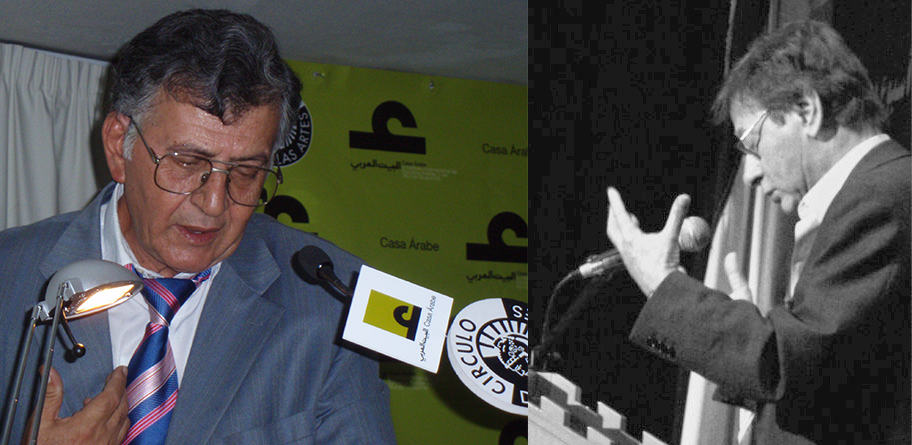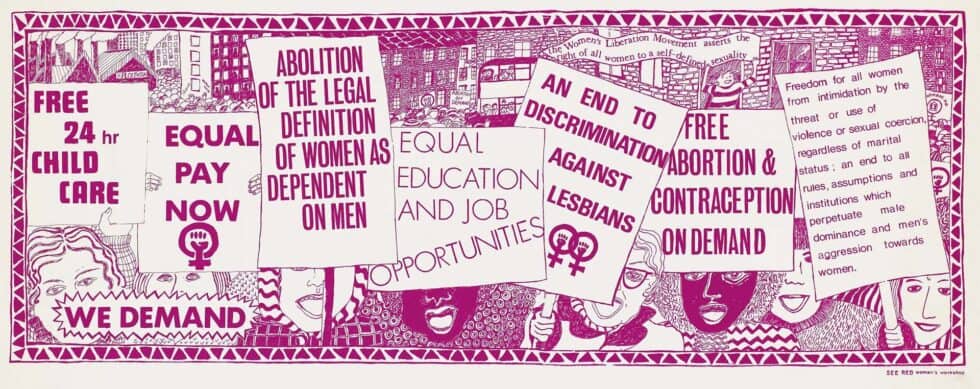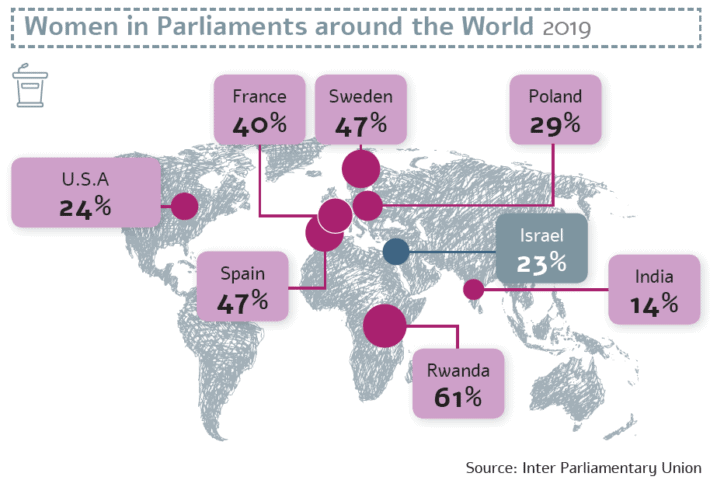International Human Rights Day 2020
Daniel Jonas, Tamar Abadi | 15.12.2020 | Photo: UN Human Rights Day site

In honor of International Human Rights Day, which occurs on December 10 and is celebrating its 70th anniversary, we gathered a number of viewing and reading recommendations from the Institute's contents.
View:
The coronavirus epidemic gave rise to an exceptional show of human solidarity, but not for everyone. Migrants, refugees and minority groups experienced increasing discrimination and a worsening of their already unstable conditions. How can we include immigrants, who are presently one third of the world's population, in our local communities and stop viewing them as a threat or a burden?
Chinese Artist, Curator and Activist Ai Weiwei, in conversation with Yves Daccord, Director General of the International Committee of the Red Cross. Moderated by Lee Yaron, Haaretz Welfare and Immigration Correspondent.
What are the moral values that should be taken into account on the question of security exports from Israel? What place should Jewish history play in the totality of considerations? What is the right balance between Israel's security, diplomatic and economic interests, and the safety and well-being of citizens of other countries? How, if at all, should we balance between the demand to maintain confidentiality and the need for transparency in overseeing arms exports?
The conference was held in conjunction with the Beit Hillel Rabbis organization and was devoted to the issue of Israeli arms exports and the moral questions it raises.
Read:
Since the beginning of the COVID-19 crisis, the Van Leer Jerusalem Institute along with the Adva Center, with the support of the Friedrich Ebert Foundation, have been monitoring the unique impact of the coronavirus pandemic and economic crisis on women in Israel. Read the full report.
All of the countries that call themselves "Western" have over the past several decades enacted policies to prevent the entrance of refugees and other migrants into their territories. Although their "success" has usually been more limited than Israel's, in part due to Israel's unique geopolitical features, the bottom line is that fewer than 20% of the refugees in the world manage to reach the richest and most developed countries. If Israel's overtures towards Sudan succeed, it will be another opportunity to wonder: are the richest countries in the world really going to "pay the price?”
- It is time to talk not only about human rights, but also about human duties – from the journal Hazman Hazeh
The rise of human rights in our day has been an important step forward in human history, but came with the loss of a rich ethical and political tradition that details the duties of citizens and states towards others. In an era of destructive climate change and deep global inequality, the individualism of human rights should be balanced with a new politics of collective duty.
- Applying Israeli law to the military courts in the occupied territories – from the Journal Theory and Criticism
Applying Israeli law to the military courts in the occupied territories is part of a broader process that signals the realization that the occupation of the territories is no longer a temporary and transient situation. The article traces the development of the phenomenon, which began with the response to the first intifada and and continued with the collapse of the hopes invested in the Oslo Accords. The application of the law is part of a broader movement towards de facto annexation of the territories and creating a uniform system under Israeli control. The partial and informal application of Israeli law through the rulings of the military courts facilitates the special, quasi-colonial relationship between the civilian Israeli legal system and the military one in the territories. This relationship maintains the law in the territories as external to Israeli law, while at the same time containing it.
View in English:
The rise of nation-states and concurrent projects for establishing unitary national identities have affected many languages by reducing them to minority status. As strong symbols of ethnic identity, languages of minorities have become the most obvious targets of nation-states. In this event Kurdish writer Firat Cewerî speaks about the difficult journey of Kurdish literature in Turkey under draconian state policies geared toward the suppression of the Kurdish language, and his personal experience as a Kurdish writer. Palestinian writer Fida Jiryis provides a comparative look at the Turkish and Israeli cases by detailing her journey as a Palestinian writer producing in Arabic.
Photo: UN Human Rights Day site




